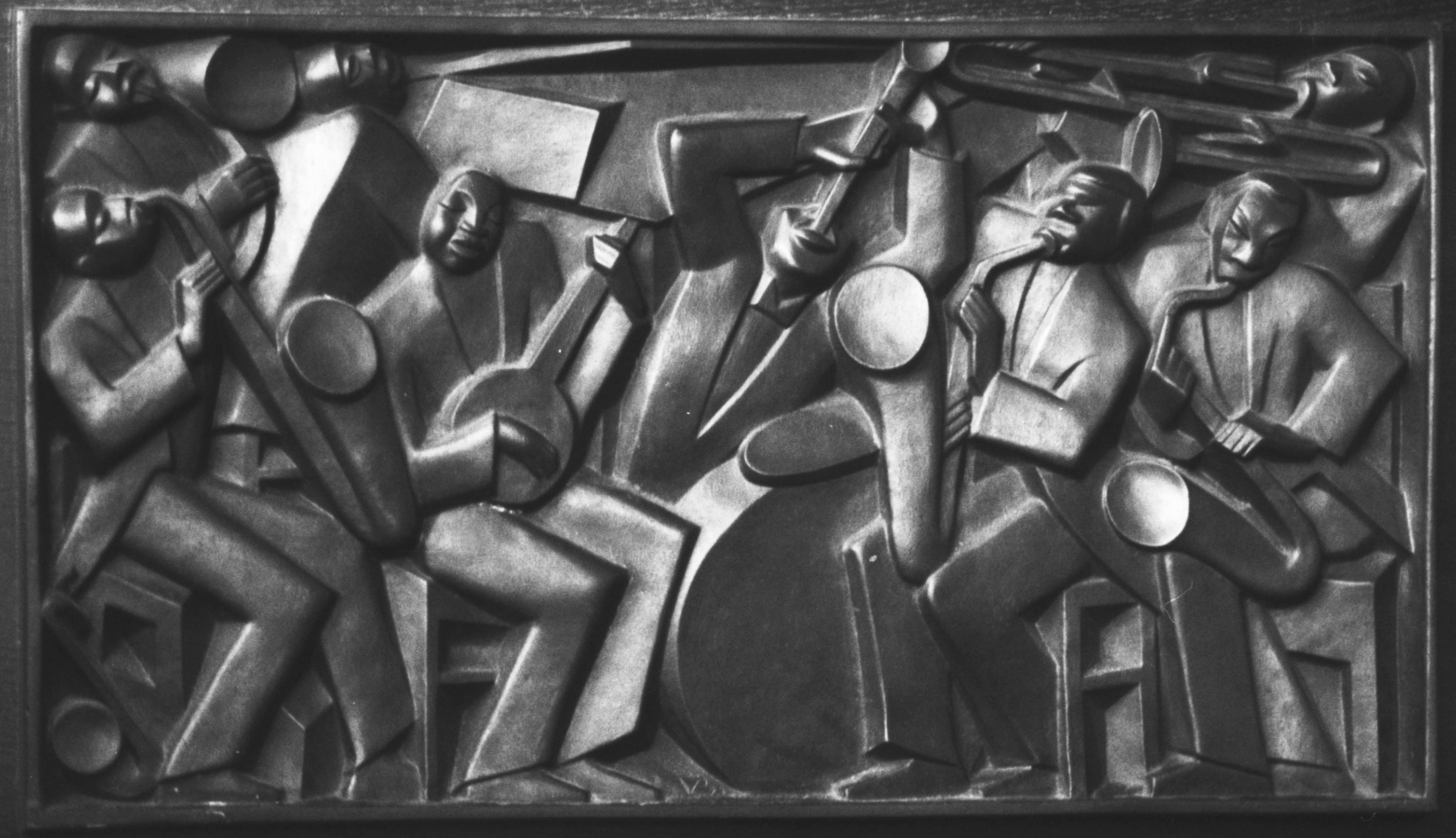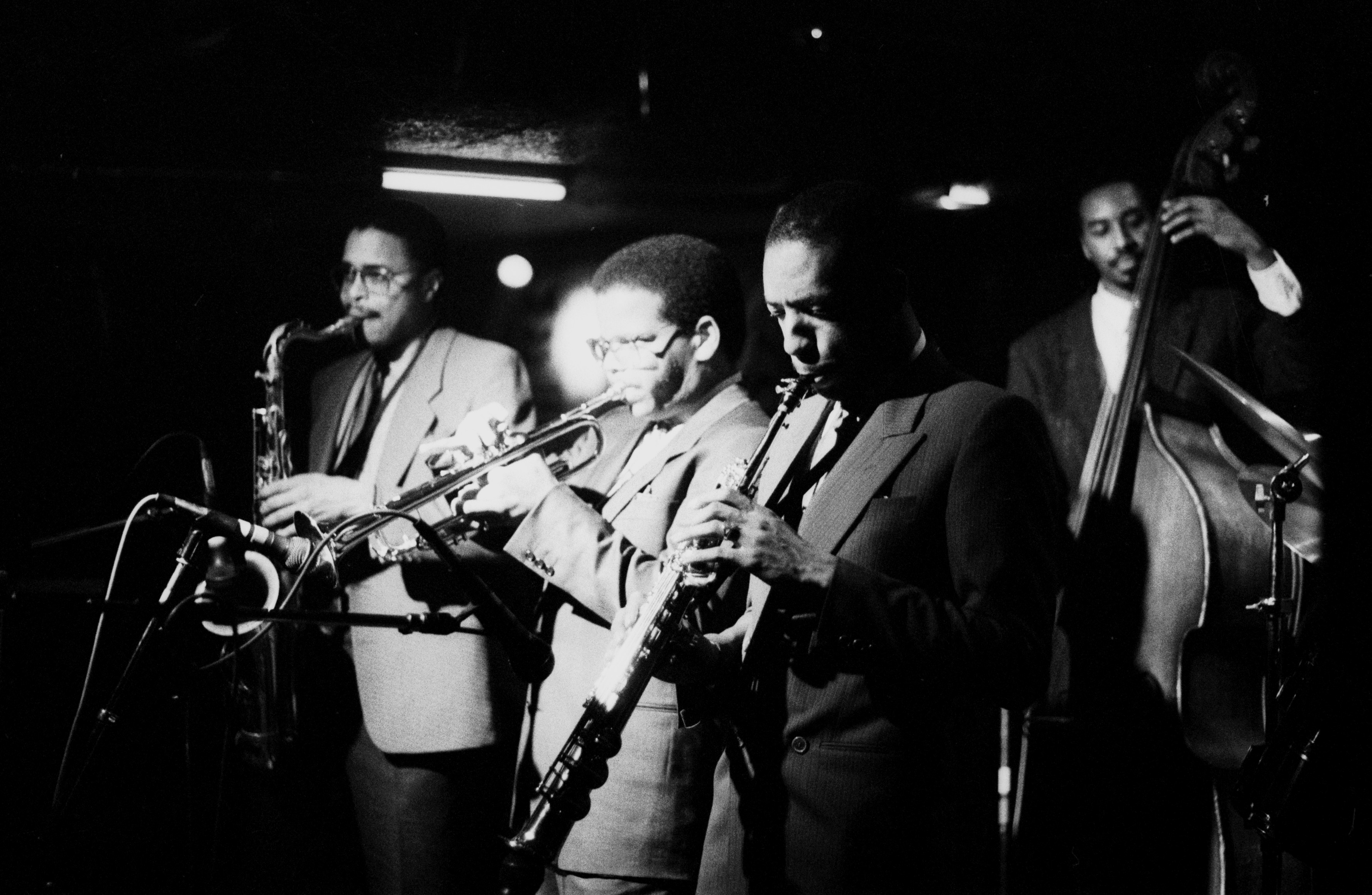- Advice
Why freelancing is like jazz
Ask 50 people what jazz is, and you’ll get 50 different answers. But I think most people would agree with Wynton Marsalis’ definition that jazz is music that swings, or perhaps Louis Armstrong’s definition: “If you have to ask what jazz is, you'll never know.”
I’ve played a wind instrument most of my life, and get together with a flautist occasionally to improvise and “mess around.” The other day, while playing, it suddenly struck me that my gig life is similar in a lot of ways to playing jazz.
Here’s how:
1. Improvisation
Jazz is about being in the moment.
-Herbie Hancock
Like jazz, freelancing is largely the kind of thing you make up as you go a long. You start off one way with a certain set of systems and rules, and then you learn new things, adapt your business model, and are changed by the experience of freelancing itself. This is what makes it beautiful and fulfilling -- the tension between harmony in one part and atonality in another.
2. Collaboration

Jazzband, Béla Vörös (1899-1983)
Jazz is, for the most part, a group experience. Even if there’s just a solo artist, the interaction with the audience -- and the memory in the musician’s mind of the jazz musicians who came before him or her -- makes every jazz performance a kind of a “remix” of individual experiences and group history.
Most people begin freelancing thinking that owning a business is a “solo” act. You’ll quickly find that the act of creating-on-demand (which most freelancers do) is not possible in a vacuum, and your interactions with other freelancers and your network allows you to be your best entrepreneurial and creative self.
3. In and out of the flow
Risk is at the heart of jazz. Every note we play is a risk.
-Steve Lacy
Anyone who’s played jazz or any kind of music knows that there are times when the “processing” part of your brain switches off and the music just comes to you. Then there are other times when your brain is too busy thinking and hearing and adjusting, and as a result your music sounds stale and lifeless.
The same is true for any creative process, but it’s especially true for freelancers. When you create-on-demand, it’s easy to get caught up in expectations and client demands, and sometimes it feels like everything is just not coming to you (especially during a dry spell, when nothing you do to get gigs seems to be working). And then at other times it seems effortless. It’s a mysterious and -- let’s admit -- not all that fun to go in and out of the flow.
4. Systems

The Jazz Messengers of 1985
Jazz is actually a pretty structured form of music. Non-jazz players assume that players just play anything. But there are almost always foundational melodies, keys, established scale patterns, and other guides that help jazz musicians play together. This foundation is what allows for improvisation to happen without turning into chaos.
To be creative regularly, we need systems. We need habits. We need the cup of coffee, then the paper, than that particular playlist, then sketching, then computer.
5. Slightly disreputable
“By and large, jazz has always been like the kind of a man you wouldn't want your daughter to associate with.”
-Duke Ellington
Freelancing has always been the path for the untraditional. It’s always been off the beaten track. For some, this is frightening. (Especially for our parents who still think we’re unemployed.)
But this is also the great thing about freelancing: that you have escaped the 9-5 and set off on your own. Then you get to continually surprise people with how reputable you actually are, because you get stuff done with both professionalism AND innovativeness.
Any jazz players or listeners amongst us? Do you think freelancing is like jazz?
